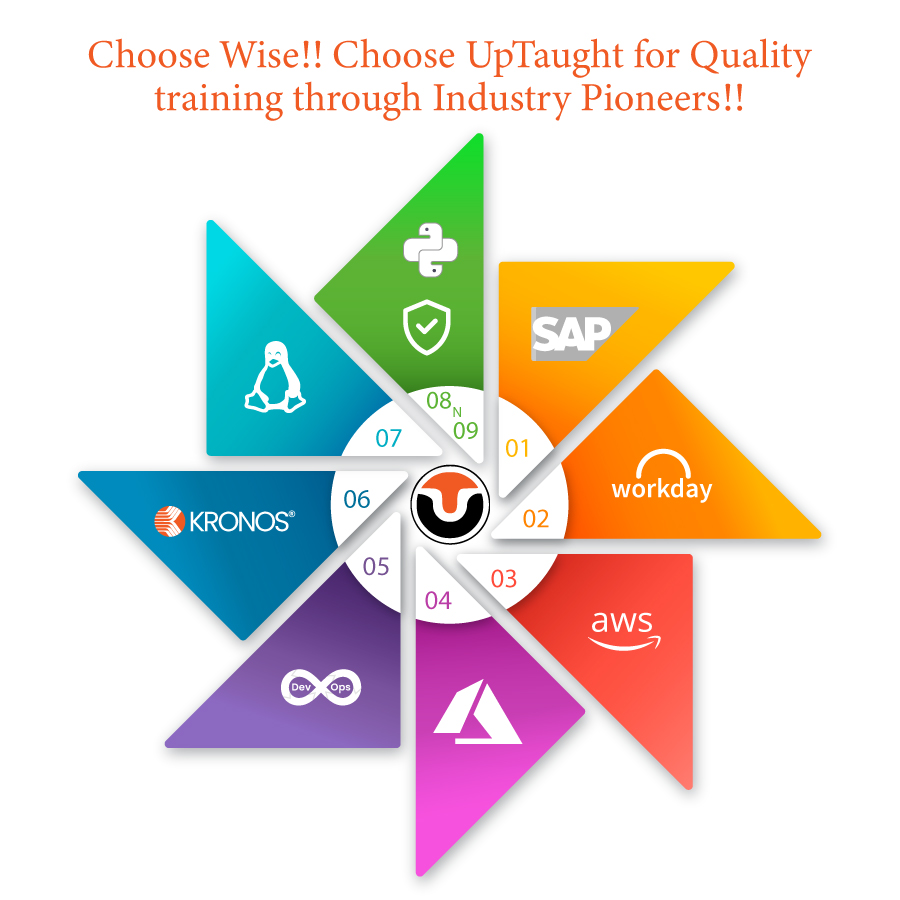Implementing SAP is a significant undertaking for any organization, and understanding what are the best practices for SAP implementation can make all the difference in ensuring success. Many businesses face challenges during the implementation process, including budget overruns, timeline delays, and user resistance. By following established best practices, organizations can mitigate these risks and achieve a smoother transition to SAP. This blog post will explore the essential best practices for SAP implementation, providing insights that can help your organization maximize its investment in this powerful ERP solution.
Table of Contents
Understanding What Are the Best Practices for SAP Implementation
What are the best practices for SAP implementation? To answer this question, we need to discuss the context of SAP implementation and its significance in modern business operations. SAP is a comprehensive ERP solution that integrates various business functions, allowing organizations to streamline processes and improve efficiency. However, successful implementation requires careful planning and execution.
The Importance of Following Best Practices
- Risk Mitigation: Implementing best practices helps identify potential risks early in the process, allowing teams to address them proactively.
- Cost Control: By adhering to proven strategies, organizations can avoid common pitfalls that lead to budget overruns.
- Enhanced User Adoption: Best practices often include strategies for engaging users throughout the implementation process, leading to higher acceptance rates.
- Improved Project Management: Following structured methodologies ensures that projects stay on track and meet their objectives.
- Long-Term Success: Organizations that implement best practices are more likely to achieve long-term success with their SAP systems.
Given these factors, understanding what are the best practices for SAP implementation is crucial for any organization looking to leverage this powerful tool effectively.
Key Best Practices for SAP Implementation
When considering what are the best practices for SAP implementation, several key strategies stand out:
1. Thorough Planning and Preparation
- Define Clear Objectives: Before starting the implementation, clearly define what you want to achieve with SAP. This could include improving efficiency, enhancing reporting capabilities, or streamlining processes.
- Assemble a Strong Project Team: Gather a team comprising members from various departments who will be affected by the new system. Their insights will be invaluable during the planning phase.
2. Conduct a Comprehensive Business Process Analysis
- Map Existing Processes: Document current business processes to identify inefficiencies and areas for improvement.
- Identify Gaps: Analyze how existing processes align with SAP functionalities and identify any gaps that need addressing during implementation.
3. Focus on Change Management
- Engage Stakeholders Early: Involve key stakeholders from the beginning to ensure their buy-in and support throughout the process.
- Develop a Change Management Strategy: Create a plan that outlines how you will communicate changes to employees and manage resistance.
4. Invest in Training and Development
- Provide Comprehensive Training: Ensure that all users receive adequate training on how to use SAP effectively. This can significantly reduce frustration and increase productivity.
- Utilize E-Learning Platforms: Consider online courses or workshops that focus on specific SAP modules relevant to your organization’s needs. For example, platforms like UpTaught offer tailored courses for various SAP functionalities.
5. Implement Incrementally
- Phased Rollout Approach: Instead of implementing all modules at once, consider a phased approach where you roll out one module at a time. This allows for easier management and troubleshooting.
- Pilot Testing: Conduct pilot tests with select user groups before full deployment to identify any issues early on.
6. Monitor Progress and Gather Feedback
- Establish KPIs: Define key performance indicators (KPIs) to measure the success of your implementation.
- Solicit User Feedback: Regularly gather feedback from users during and after implementation to identify areas for improvement.
Unique Value Proposition of Following Best Practices
The unique value proposition of understanding what are the best practices for SAP implementation lies in their ability to empower organizations with structured approaches that enhance operational efficiency while minimizing risks associated with ERP deployment.
Real-World Results from Successful Implementations
Many organizations have successfully navigated their SAP implementations by following these best practices:
- Example A: A global manufacturing company implemented a phased rollout strategy, resulting in a 25% reduction in downtime during transition periods.
- Example B: A retail organization invested heavily in user training, leading to a 40% increase in employee productivity within three months of going live with SAP.
- Example C: A healthcare provider utilized stakeholder engagement strategies effectively, resulting in a 30% decrease in resistance during system adoption phases.
These success stories illustrate how effective adherence to best practices can lead to significant improvements in operational performance and user satisfaction.
Who Will Benefit from Understanding What Are the Best Practices for SAP Implementation?
Understanding what are the best practices for SAP implementation is beneficial for various stakeholders within an organization:
- Project Managers: Individuals overseeing ERP implementations will find this information invaluable as they navigate complex projects.
- IT Professionals: Those involved in system configuration or support will gain essential knowledge about effective deployment strategies.
- Business Analysts: Professionals tasked with gathering requirements will benefit from understanding how customization can meet specific business needs.
Industries such as healthcare, finance, technology, manufacturing, and retail stand to gain significantly from employing certified professionals who are adept at using effective SAP solutions. By investing time in understanding these best practices, organizations can expect improved operational efficiency and enhanced strategic planning capabilities.
Take Action Today!
Are you ready to explore what are the best practices for SAP implementation? Start your journey toward mastering these essential skills today! For a limited time only, sign up for our comprehensive training courses on various SAP functionalities at UpTaught or UpTaught India and enjoy a 20% discount on your first enrollment! Equip yourself with the tools you need to thrive in today’s competitive landscape—take advantage of this exclusive offer while it lasts!Investing in your education not only enhances your skill set but also empowers you to achieve greater efficiency and effectiveness within your organization. Transform your career today!




